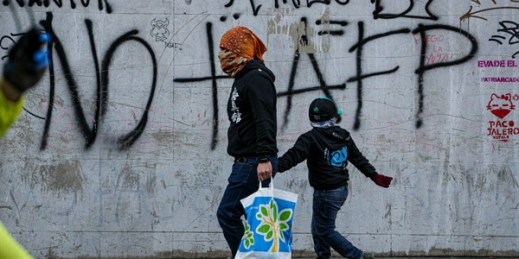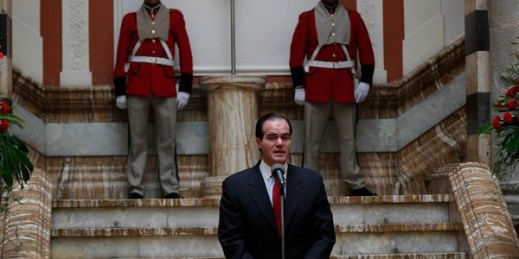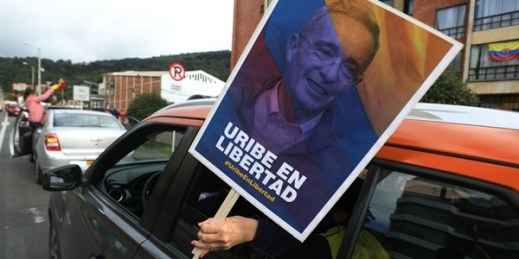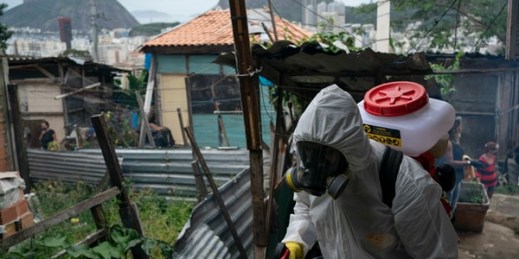
The coronavirus pandemic will likely push Latin America into its worst-ever recession, with the region’s economy expected to shrink by more than 9 percent in 2020, according to the International Monetary Fund. But in a part of the world with few economic bright spots, Chile is forecast to perform relatively well, with a 7.5 percent contraction this year and growth of 5 percent in 2021, which would be one of Latin America’s more vigorous economic recoveries. At first glance, this is surprising, as Chile is among the most open economies in the region and is sensitive to volatility in commodity […]



